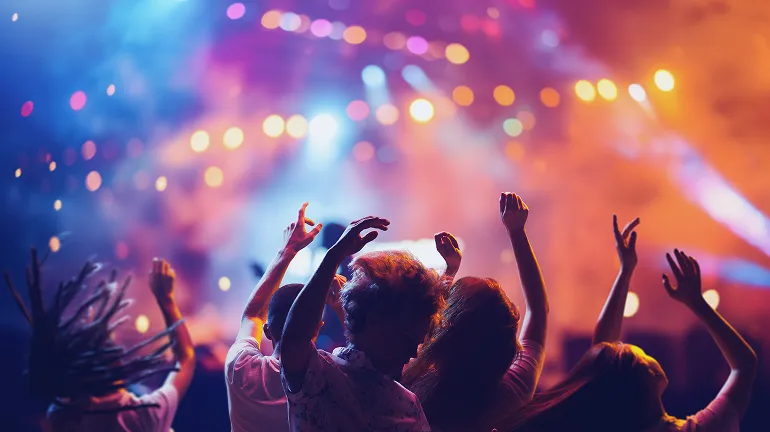Intellectual Property & Rights Protection
Every piece of music begins as an idea, and that idea is intellectual property. Protecting it is the difference between retaining control over your work and watching it slip away. Copyright, performer’s rights, trade marks and brand protection all form part of the framework that allows musicians and businesses to safeguard what they create. At musiclegal.co.uk, we connect you with professionals who understand the music industry’s unique legal landscape, ensuring that your songs, recordings and identity are protected so that your career can grow securely.
Intellectual Property & Rights Protection
Intellectual property, often shortened to IP, is the foundation of value in the music business. Without protection, music can be copied, used without consent or misrepresented. With the right protections in place, your work becomes a legal asset that can generate income and sustain a career.
In the UK, copyright law gives automatic protection to original musical works, lyrics, sound recordings and performances. However, automatic protection is only part of the story. Registering with collecting societies such as PRS, MCPS and PPL ensures that royalties are tracked and paid correctly. For artists building a brand, trade marks provide security around band names, logos and even distinctive slogans. This prevents others from trading under your reputation or causing confusion in the marketplace.
Performer’s rights also play a crucial role. These rights protect the contributions of musicians and singers to recordings and performances. They ensure that session players can be recognised and fairly remunerated, and that their performances cannot be exploited without permission. For producers, producer’s rights may also come into play, requiring careful agreement on ownership and licensing.
Our network supports musicians and businesses in identifying what needs protecting, how best to secure it and how to enforce those rights when necessary. This is not about filling your career with red tape but about ensuring that you remain in control of your creations. For example, registering a trade mark for a band name early can prevent costly disputes later if another act adopts a similar identity. Likewise, confirming copyright ownership splits with co-writers avoids disputes over royalty flows that can last for years.
IP protection is also crucial for digital platforms. Streaming services, YouTube, TikTok and social media channels are global, meaning that unauthorised use of your work can spread rapidly. Having clarity on your rights makes it easier to issue takedown notices, challenge unauthorised uploads and ensure that revenue from digital plays is correctly distributed.
Beyond music itself, IP also extends to image and likeness. In an era where brand partnerships and merchandise play an increasing role, controlling how your image is used is vital. Contracts relating to endorsements or sponsorships often interact with IP rights, requiring careful drafting to avoid conflicts and ensure fair value.
Enforcement is not always about going to court. Often, the presence of a properly registered right is enough to prevent misuse. In many cases, disputes can be resolved quickly with the right supporting documentation and a professional approach. The key is preparation — ensuring that from the outset, you have clear ownership and registration of your creative assets.
Atmusiclegal.co.uk, we believe that protecting your intellectual property is not an optional extra, it is a central part of being a professional musician. It provides you with the tools to license your work, collaborate with confidence and negotiate from a position of strength. When your rights are secure, your creativity can flourish without fear of exploitation.
"To be an artist, you have to own your work. If you don’t, someone else will."
– Prince
.svg)
Your songs, recordings and brand are valuable assets that deserve to be protected. If you would like to learn how our network can help safeguard your intellectual property, please complete the form at the bottom of this page and we will be in touch.
FAQs
Do I need to register copyright in the UK?
No. Copyright arises automatically once a song or recording is created. However, registering with PRS, MCPS or PPL ensures that royalties are tracked and distributed properly.
What is the difference between copyright and trade mark protection?
Copyright protects creative works like songs and recordings. Trade marks protect names, logos and branding used in commerce. Both are important but serve different purposes.
Can two bands have the same name?
In theory, yes, but it often leads to disputes. Registering a trade mark provides stronger legal grounds to prevent others using a name that is confusingly similar.
What are performer’s rights?
Performer’s rights protect the contributions of musicians and singers to recordings and performances. They ensure that performers cannot have their work exploited without permission and are fairly remunerated.
How do I protect my music on streaming services?
The best approach is to ensure works are properly registered with collecting societies, use distributors that monitor usage and have clear agreements with collaborators. This makes enforcement easier if issues arise.

.webp)
.svg)
.svg)

